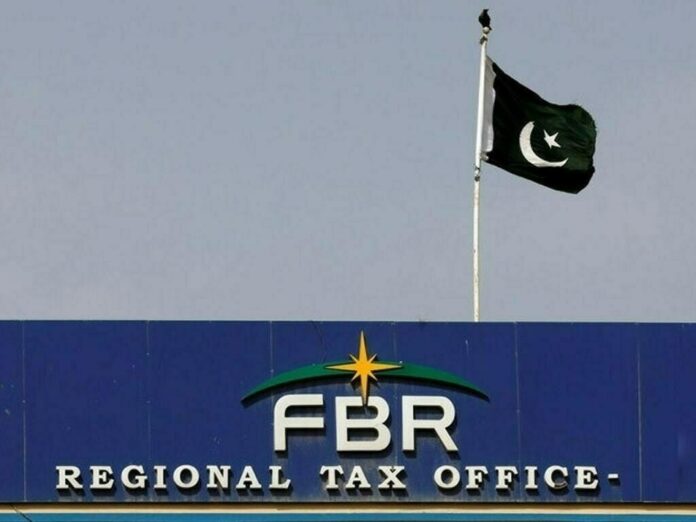The Federal Board of Revenue (FBR) has acknowledged that the country’s Rs3.6 trillion sales tax gap cannot be fully addressed due to the fragmentation and informality within the retail sector, The Express Tribune reported, citing a recent assessment report shared with the Prime Minister’s Office.
The report noted that the retail sector alone accounted for nearly one-tenth of the total gap, or Rs310 billion.
While the FBR reported that it had collected Rs874 billion in the last fiscal year through enforcement actions, the breakdown of this amount has yet to be disclosed. The FBR claims that the only way to reduce the sales tax gap is through stronger enforcement at the retail level. However, the authorities have expressed concerns over the sector’s informal nature, making it difficult to monitor effectively.
In the fiscal year 2024-25, the total sales tax collection stood at Rs3.9 trillion, but the gap of Rs3.6 trillion remained. The FBR also revealed that the textile sector contributed Rs814 billion to the overall gap, followed by petroleum and food products, each with a Rs384 billion shortfall. Other sectors like chemicals, fertilizer, iron, and steel also showed significant gaps.
According to the news report, the FBR has been facing internal challenges as well, including ongoing tensions with traders over alleged harassment of a businessman in Lahore. This has prompted the Lahore Chamber of Commerce and Industry to call for the transfer of a chief commissioner and demand corrective measures.
To curb tax evasion, previous governments have implemented measures such as restricting large purchases and offering incentives to tax officials. The FBR has also focused on digital interventions, including digital invoicing, to track business transactions. Despite this, recent actions by the FBR, such as accepting cash deposits in banks as digital transactions, have raised questions about the effectiveness of these measures.
The FBR is now shifting its focus to enforcing collection at the manufacturing stage and introducing better digital tracking of supply chains. It also aims to expand its reach by increasing the number of registered taxpayers, having already integrated 12,805 taxpayers who account for Rs33.3 trillion of total sales.
Despite missing its tax collection target by Rs1.2 trillion, FBR officials remain optimistic, claiming improvements in enforcement have increased the tax-to-GDP ratio from 8.8% to 10.24%. The government is aiming to meet its IMF commitment to raise the revenue-to-GDP ratio to 13.7% by 2027.
The FBR has recently taken action against several businesses, including a jeweler’s shop and furniture stores in Faisalabad. A total of nearly 100 retail actions have been initiated across the country.




